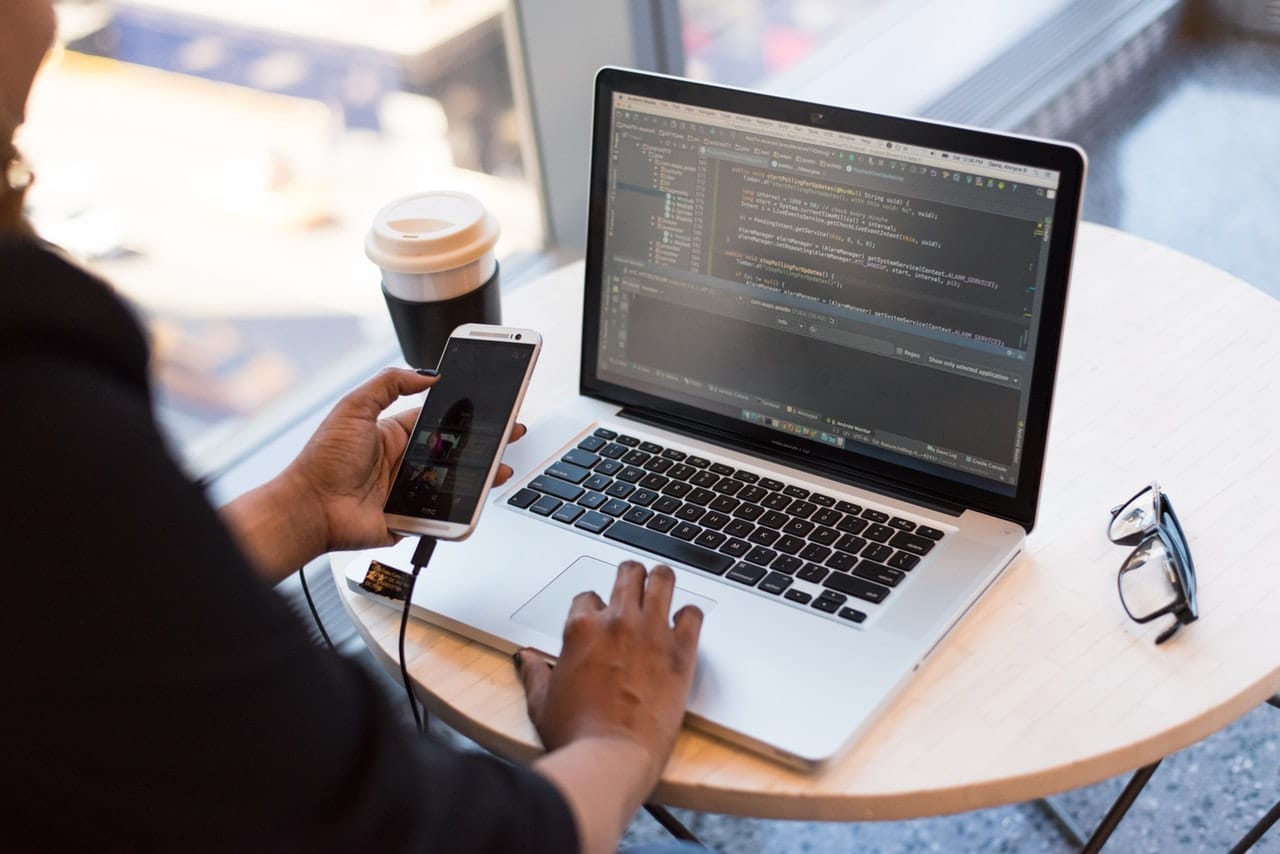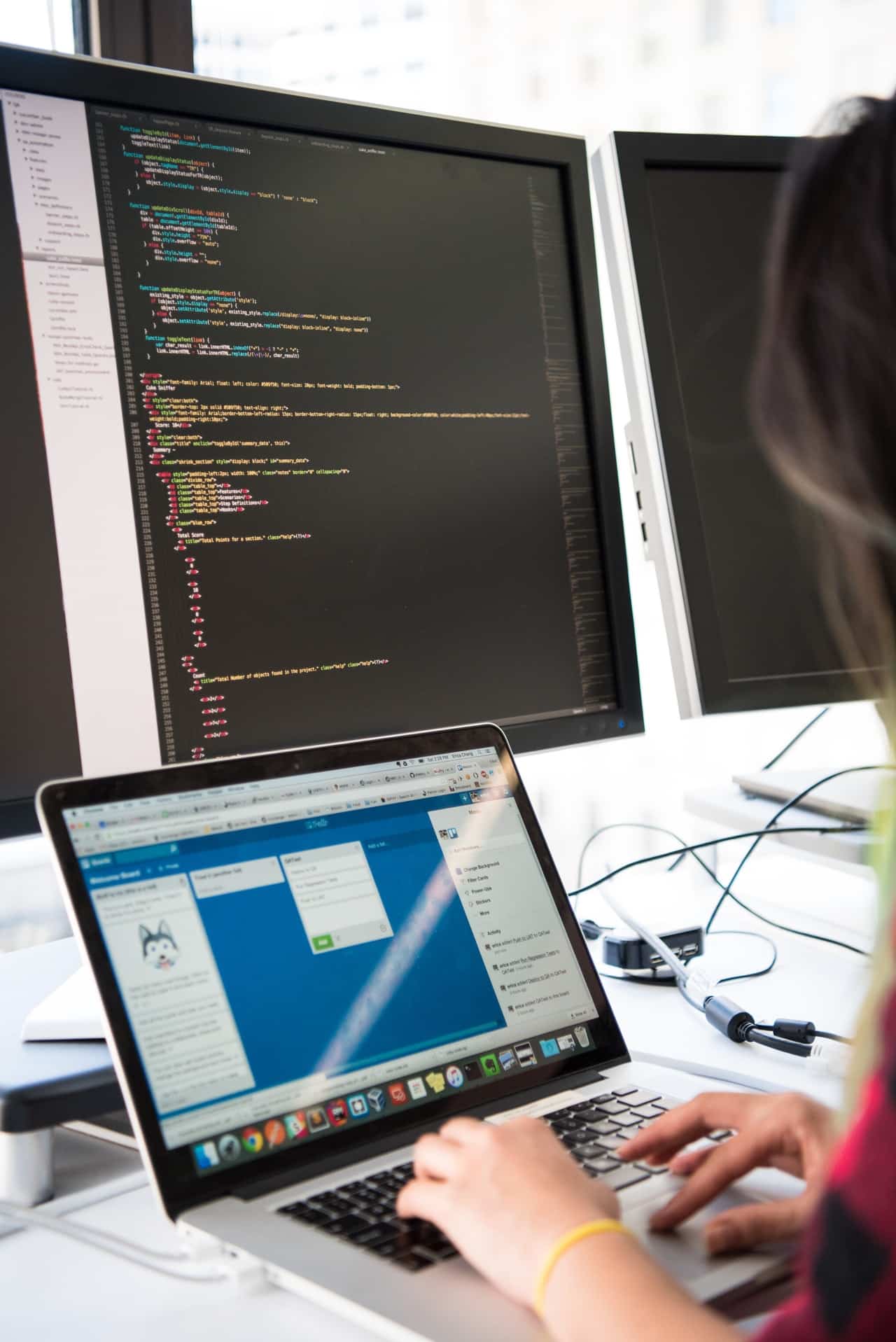In an ever-evolving digital world, the topic of security and dependability comes up often. With the phrase “there’s an app for that” holding truer and truer every day, more and more people have decided to design and produce their own apps as independent developers.
But the issue of security still remains. If you’re an independent developer, you may be wondering just how to tackle the issue of potential hackers coming in and compromising your app’s security, placing it in disrepute.
Because most of our apps and clients are in healthcare, I know just how crucial data security and user trust is. Thankfully, hack-proofing your app can be done quite easily if you know the right tricks. Here are five of my most-valued security practices so you and your user base can feel good about the app you’re producing.
IMAGE: PEXELS
1. Mind Your Code
It is extremely important to get your code reviewed by security professionals. This one might seem like a no-brainer from a development standpoint but there’s a very crucial security element at play here, too. Getting your code reviewed just by the development team is good, but having a dedicated security team look at the code will take that to the next level.
Why do I use a real security team and not just the development team? Because of how hackers get ahold of your code and data in the event of a breach. Even before a vulnerable spot in your code is exploited by malware, hackers get a public copy of your app. They pick it apart, look at the code, find the spot to exploit, and reverse engineer it.
After that, they repackage it into what’s known as a “rogue app” — an app they then post on third party app sites and stores to lure people into downloading the fake version of your app in order to get their sensitive information. A security team can find any flaws, bugs, or loopholes in the code that could be exploited by hackers and malware.
In a guide I created for building successful custom apps, I recommended to “use services to handle privacy unless you’re a privacy company.” Using trusted services and security professionals is especially important for your app if it at any point involves database access, authentication and authorization, cryptography, and the like.
2. Protect Your Users With Encryption
Keeping user data secure and hack-proof is one of the most important parts of having a reputable mobile app. I know firsthand that this is especially true when it comes to both healthcare apps and apps with microtransactions. Be sure that the servers your app’s API accesses have encrypted connections and any other relevant security measures in place.
Any communication your app has with a user will go over one of these connections and, if left unprotected, becomes easy bait for hackers and malware. Be sure that any stored user data is encrypted as well, in the event of a breach somewhere else in the code.
HTTPS is the secure version of an HTTP connection, as it safely encrypts any data sent over said connection. Be sure that any communication between your app and your server is done over an HTTPS connection so that data cannot simply be pulled out and read by any hackers or malware.
Even if a malicious program or individual wormed their way into the connection somehow, the encryption would prevent them from being able to turn around and take that data for their own use. In order to secure an HTTPS connection for your app and server, most of these connections require either an SSL (Secure Sockets Layer) or TLS (Transport Layer Security).
SSL and TLS contain — and therefore require the acquisition of — a digital certificate. SSL and TLS certificates grant your app and the server the permissions to use encrypted communication and contain identifying information about the certificate owner. This way, a user who checks the certificate can be sure that it’s your app they’re interacting with — and not a rogue app.
3. Keep Your Libraries Updated
In the stages of design and production, app developers create and use tons of libraries. With so much at your disposal, it’d be hard not to. But you need to stay on top of updating these. Plenty of libraries exist that make your life as a developer easier, but you need to make sure you’re using current ones because older libraries are frequent and oftentimes easy targets for malicious attacks.
Most developers of the libraries you’ll encounter release regular and even frequent updates for their libraries to prevent this from being an issue. So, while this is a relatively small thing to do, it can have a huge impact on the security of your app and the sanctity your app’s code and elements therein.
4. Follow Appropriate Laws & Guidelines
While this may seem more like a legality and compliance issue, adhering to the proper codes, laws, and guidelines when developing an app provides you with an entirely different but just as important form of security: reputability for user security. The sanctity of your app’s reputation is the security of your app’s future.
Privacy laws are tightening up now more than ever as technology continues to advance and cybersecurity continues to be a global concern. In addition, depending on which platform you’re designing your app for, there are individual sets of guidelines there, too. This is particularly important to pay attention to if you’re designing for multiple platforms.
I recommend sticking to native development guidelines for each platform you’re designing for, particularly in the cases of Apple and Android. In addition to ensuring that your app adheres to the platform’s privacy and security benchmarks, it in most cases will allow you to deliver a better user experience.
This is because you will be able to take advantage of the resources each platform has individually rather than compromising features for the sake of using hybrid app development tools. Adhering to appropriate privacy acts and laws also keep your app in good standing among your user base, preventing you from having any scandals or otherwise reputation-damaging incidents down the line. Don’t cut corners here — it may come back to haunt you if you do.
5. Have A Solid API
An Application Programming Interface, or API, is a crucial part of app development, giving your app the ability to interact with other apps or other features of the user’s phone via the backend. The need for a solid, secure, and authorized API is pretty clear here.
If you don’t have one, it’s entirely possible for malware and/or hackers to worm their way into your app’s backend, compromising both your app and any other less-secure apps your API interacts with.
If you and your development team create your own API, this is likely the safest route to go as long as you get it reviewed by a security team as mentioned above. Otherwise, if you use a loosely-secured API, or — even worse — someone else’s API that you ultimately have little control over, you can’t be sure your data and your app’s interactions will be secure.
Final Thoughts
The idea of protecting your app from hackers and malware in this vast world of technology may seem intimidating at first, but it’s actually quite easy to do and do well. It also adds to the reputability of your app and extends its longevity. As a developer, thinking about the security of your data and the trust of your user base is of the utmost importance. It’s just like I say in my user-oriented article for building apps for users.
Just like users should never have to worry about your app getting in their way, they should never have to worry about whether an app compromises their device and their data, or whether the app they’re using will have to shut down for breaking the law. Abide by this principle and secure your app, and your users will know they can trust you.
f you are interested in even more app-related articles and information from us here at Bit Rebels, then we have a lot to choose from.


COMMENTS